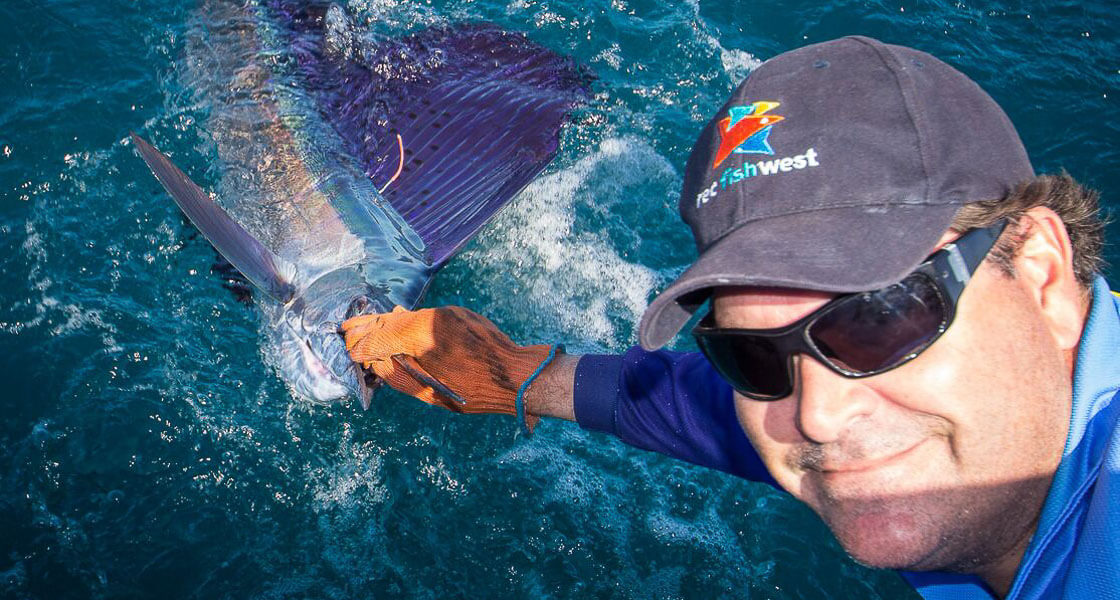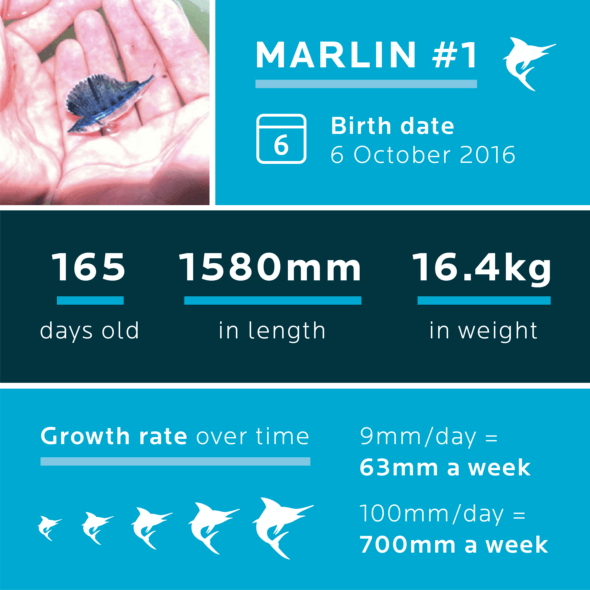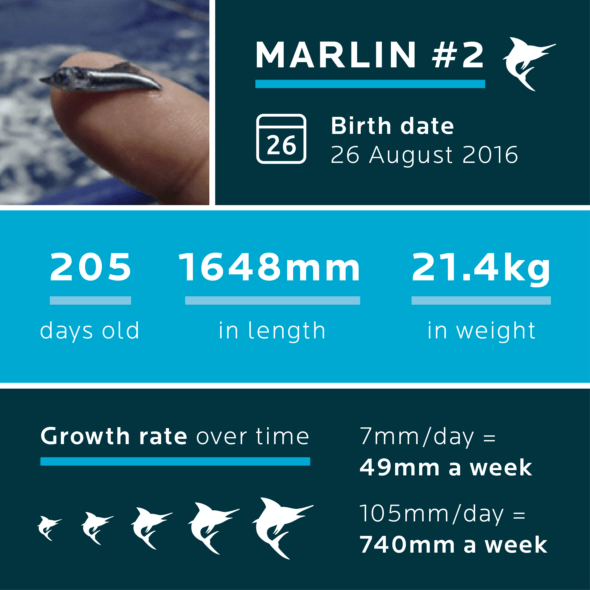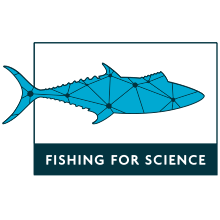A deeper understanding of the fish we catch will allow for better decision-making at several levels from fisheries management to recreational fishers and tournament organisers. The Fishing for Science program will provide fisheries management with an improved insight through scientific research into local fish stocks which will inform better fisheries decision making. Recreational fishers will be able to take advantage of the correlations identified between individual species and parameters such as oceanographic conditions, weather and seasons to enhance their fishing experience. Likewise, fishing clubs can use this same information for better tournament scheduling to line up with optimal fishing times.
The program will build capacity for fishing club members to coordinate and lead future ‘citizen science’ activities within their community. The program will provide value in helping us to understand how recfishers value and experience fishing for large pelagic fish species in WA.
What’s in it for recfishers?
Previously, we have successfully run a fishing tournament monitoring program along similar lines to the Fishing for Science program which has proven to be very popular with tournament anglers.
From this experience, we know programs like this help recreational fishers and fisheries scientists gain a deeper understanding of targeted species and the oceanographic influences that result in great recreational fishing experiences.
It is an important and engaging part of our research, which helps build a greater sense of marine stewardship among recreational fishers giving them a better scientific understanding of the species they target.
A significant component of the program and the aspect most valued by fishers is the communication of fish science back to them. Fishers are genuinely curious to learn more about the fish they’re catching. They want to be armed with better scientific knowledge to improve their understanding of fish populations, fish movement, diet, age and weight. As a result, fishers feel more empowered and better connected to the fish they target and the environments in which they fish in – and more inclined to assist in the conservation of fish stocks and the ocean.
Below are some infographics used to communicate science back to the recreational fishing community. These infographics were based on research conducted on two juvenile black marlin to determine their growth rate in Western Australian waters.
Partnering with other research organisations
As our oceans face mounting environmental and anthropogenic pressures, it’s our role as stewards and users of the marine environment to build resilience into habitats, fish stocks, ecosystems and enhance community experiences.
The Federal Government's Department of Industry, Science, Energy and Resources recognises Recfishwest as an official ‘Research Provider’. We are always pursuing new partnerships that help us achieve our vision of safe, sustainable, accessible and enjoyable fishing experiences for the community.
Recfishwest has previously collaborated with the State Government's Department of Primary Industries and Regional Development (formerly Department of Fisheries), universities and research providers to identify and deliver research sampling data needs that support research projects.
If you would like to become a supporting partner of Fishing for Science, please contact us via info@recfishwest.org.au.





